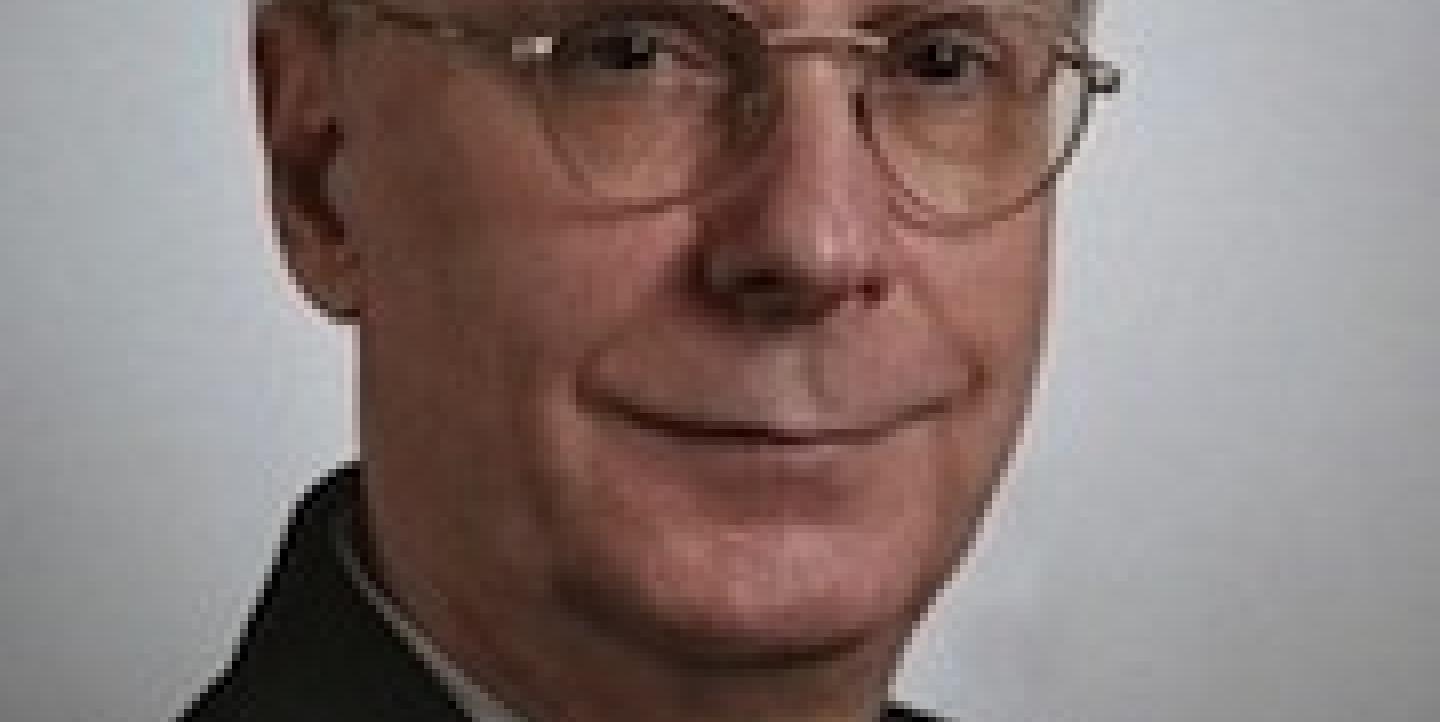In some countries, the media are changing fast. In other parts of the world, the process is going more slowly, challenged not by the lack of technology, but the quality of the news.
In a new book, media business consultant William Dunkerley examines today's Russian media. IJNet interviewed the author of Medvedev's Media Affair on what is happening to Russian media.
IJNet: In your book, you talk about Medvedev's modernization program. Do you see the high-tech innovation center Skolkovo as something permanent?
William Dunkerley: Skolkovo was promoted as a Russian version of Silicon Valley. If it is to achieve that status, it certainly would have to become a permanent fixture. In my opinion, there is a potentially fatal flaw in his plan. It is a media-related problem. The development of a high-tech innovation center will require a concomitant publication program, both digital and print. Scientists, engineers, and financiers will need a means for communication. And reliability of the information that is published will be absolutely essential. Unfortunately, the publication process in Russia is plagued by a corrupt culture wherein people or organizations pay to influence the content in a way that benefits the payer. Often that results in untruthful or misleading information. This phenomenon is popularly associated with mass media news stories. But the problem extends into business and technical publishing as well. For Skolkovo to become truly successful, president Medvedev will have to address this issue.
IJNet: As a media business analyst and consultant, you traveled to 17 different cities across Russia and met with hundreds of media managers. While digital continues to transform media around the world, what are the challenges regional media has been facing?
WD: The greatest challenge in the sphere of regional media is experienced by the media consumers. Whether consumers turn to digital or print sources for news, the question of reliability is always present. The corrupt culture of people or organizations paying to color the news is acute at the regional level. The consumers are short-changed.
IJNet: You also said that according to Medvedev's new media plan, Russian government should get out of the media business. If this happens, then what is the future of state-run media?
WD: Many of the state-run media outlets are not viable businesses. They are providing services to their owners or sponsors who generally want to distort the news. As a result, they are unable to derive sufficient revenues from the sale of content to consumers, or advertising to legitimate advertisers. As such, these businesses have no real commercial value. If the state were to try selling them, what legitimate business would want to buy them? If the state ceased supporting these media companies, it seems to me that they would have to either reform their business model, go out of business, or be acquired by someone other than the state who wants to distort the news. The real problem is that there is a deficit of consumer-centric news outlets.
IJNet: President Medvedev has a Facebook page, Twitter account and a blog. Has President Medvedev opened new ways for Russian politicians to reach their public? What is the significance of Medvedev's use of the iPad?
WD: President Medvedev has projected a positive image of himself using social media. That is likely to appeal to younger constituencies.
IJNet: What's the role of social media and traditional media in breaking news in the Russian media?
WD: The capabilities of social media were highlighted earlier this year at the time of the tragic bombing at Domodedevo airport. The first word of the explosion went out via Twitter and was picked up by traditional media. That shows how users can publish up-to-the-minute observations directly from news hot spots. There were also social media stories about taxi drivers charging $700 to shuttle distressed travelers back to the city. That news went viral in the mainstream press. But then a New Times magazine journalist wrote that the story was an official ruse to divert public anger away from the airport security failure. In turn, bloggers claimed that the New Times journalist himself had admitted that his story was unsubstantiated. The end result, for the news consumers, was a confounding mess. Social media and traditional media can clearly function together to bring improvements in the timeliness of news reports. But there are serious reliability problems that are inherent to this process. It will be a challenge for professional journalists to find a solution.
William Dunkerley is a media business analyst and consultant who works extensively in Russia and other post-communist countries. He is principal of William Dunkerley Publishing Consultants, and editor and publisher of two publishing industry newsletters: Editors Only and STRAT Newsletter.

